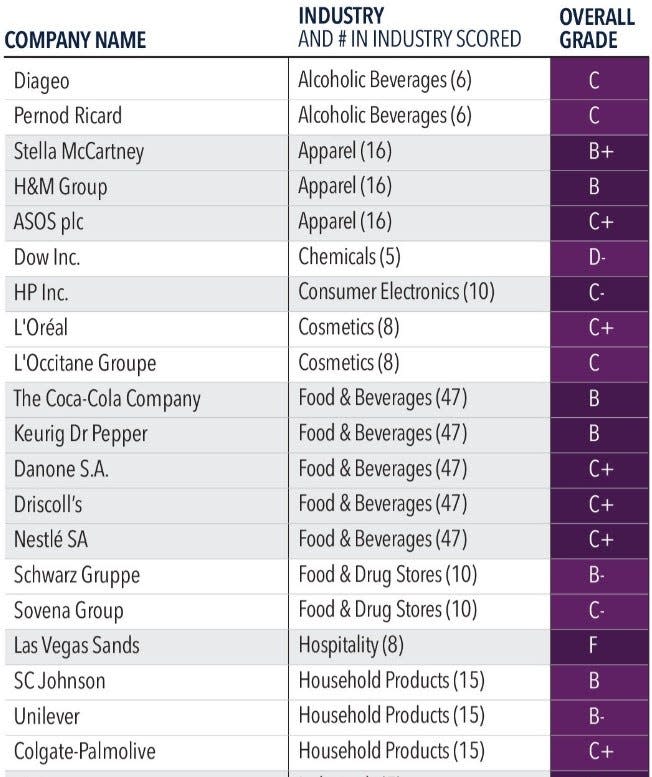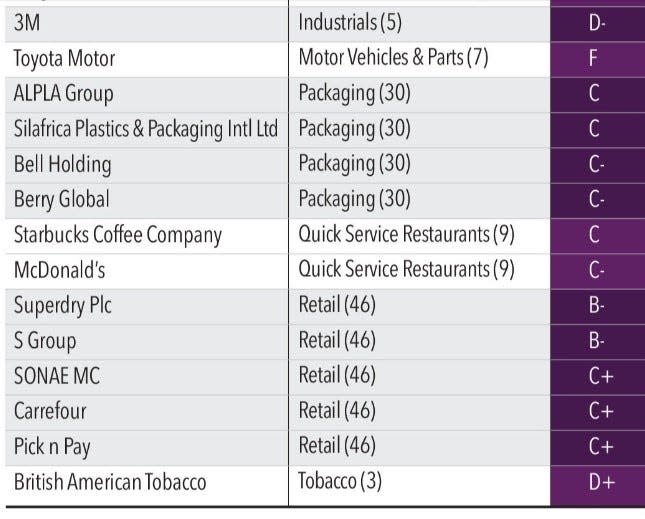Measures on bottle bill, plastic waste face July 31 legislative deadline in Mass.
BOSTON — It’s a hard push from now through the end of July as legislators prepare for the end of the session July 31 and ensure their pet bills find their way through both branches of government and on to the governor’s desk.

On the list are measures that deal with plastic waste, both single-use plastic bags and eating utensils and a proposed expansion of the 1986 Bottle Bill. Expanding the bottle bill would increase the nickel deposit to 10 cents while also expanding the types of beverage containers that would require consumers to kick in the extra dime.
Almost 70% of Massachusetts residents live in the 162 municipalities that have already addressed single-use plastic bags. The Act to Reduce Plastic Waste, filed by Sen. Becca Rausch, D-Needham, would expand the ban on single-use plastic bags throughout the state. It also addresses plastic straws and other food-service utensils.
Straws and plastic utensils would only be provided on demand by restaurants and food-service establishments. Instead of the single-use plastic bags, retailers could offer recycled and recyclable paper bags and charge a dime each.
A measure that addresses plastic beverage containers would expand the deposit as well as the types of containers subject to the tax to include water bottles, sports drinks, juice bottles and other nondairy containers. The bill would embrace deposits on wine bottles and even those omnipresent small ones, the nips.
Both the measures regulating plastics were passed by the Senate last month. Now it's up to the House.
Massachusetts voters have already weighed in on the proposal to expand the bottle bill, said Chris Crowley, executive vice president of Polar Beverages, the makers of Polar seltzers and other beverages.
In 2014, voters overwhelmingly defeated a ballot measure aimed at modifying the deposit requirements to include all nonalcoholic containers except dairy, infant formula and medications, voting 73% to 26% against it.
Crowley believes in single-stream, curbside recycling with widespread educational campaigns to teach residents what to put into the bin. Curbside, Crowley said, takes 60% of household trash out of the municipal stream.
Lack of education finds people trying to recycle squeezable yogurt tubes or the boxes containing water touted as replacements for single-use plastic bottles.
“Are they better?" Crowley said they are made of paper, plastic, wax and aluminum. “A company in New Jersey (TerraCycle) can recycle them, but that’s about it.”
However, the Massachusetts Public Interest Research Group is pushing legislators to embrace both measures.

“We are four weeks away from the end of the legislative session in Massachusetts, with several key bills pending that would reduce plastic litter and pollution in our state," said Janet Domenitz, executive director of MassPIRG. "A report from As You Sow underscores how important it is for the commonwealth to pass bills to limit single-use plastic bags, ban polystyrene, update the bottle bill and and make plastic foodware ‘by request only.’"
As You Sow is an advocacy organization created to promote environmental and social corporate responsibility through shareholder advocacy, coalition building and innovative legal strategies. A recent review of corporations that have promised to reduce their plastic footprint are lagging and failing to live up to their commitments. Domenitz quoted a summary of the report that found ".dozens of the world’s largest companies are falling short on both ambition and action to ensure plastic packaging doesn’t end up in landfills or littering the environment."
Of 34 companies cited in the report, the highest grade assigned was a B; earned by one entity, the Stella McCartney group, an apparel company. H&M, another clothing group earned a flat B, like the Coca-Cola Co. and Keurig Dr. Pepper. Starbucks Coffee Co. earned a C and McDonald's a C-.
“We cannot recycle our way out of the mess we’re in. Instead, we must reduce the use of plastic, which as we know is difficult to recycle anyway," Domenitz said. "We hope the state House and Senate will work together and get these bills over the finish line and to Gov. Healey’s desk before time runs out on July 31.”
This article originally appeared on Telegram & Gazette: Revisions to bottle bill face July 31 legislative deadline in Mass.

